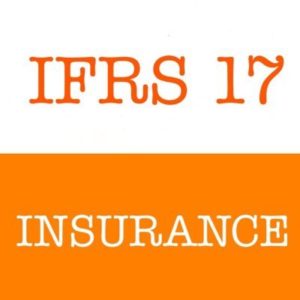The risk advisory and broking firm Willis Towers Watson (WTW) has issued a response to the outcome of the International Accounting Standards Board’s (IASB) discussions regarding potential amendments to IFRS 17, the global accounting standard for insurance contracts, originally scheduled to become effective from 2021.
 In October 2018 the IASB identified 25 concerns and implementation challenges raised by stakeholders about the requirements of the standard since it was issued in May 2017.
In October 2018 the IASB identified 25 concerns and implementation challenges raised by stakeholders about the requirements of the standard since it was issued in May 2017.
Two of these, relating to the one-year deferral of the mandatory effective date to 2022 and a related exemption from IFRS 9, were discussed and provisionally agreed at November’s Board meeting.
Thirteen issues, grouped into six broad topics, were included on the agenda for this month’s IASB meeting with the remainder scheduled for deliberation in early 2019.
WTW states that, though sympathetic to concerns about some of the implementation challenges, the IASB made clear that the arguments put forward by proponents of the amendments were insufficiently strong to justify revising previously reached conclusions.
As a result, with the exception of an amendment to the presentational requirements of contracts in the balance sheet, the IASB Board rejected any amendment to the requirements of IFRS 17 in respect of the other 12 topics addressed.
WTW adds that the amendment agreed is intended to provide a practical relief by requiring entities to present insurance contracts at a higher level of aggregation than the group level.
Despite expressing some concerns about the potential loss of valuable information, the IASB reportedly came to the conclusion that by allowing entities to offset assets and liabilities at the level of the portfolio, the significant cost relief for companies would outweigh this loss.
“The ability to offset insurance contract assets and liabilities at a portfolio level potentially represents a significant simplification, particularly for contracts measured using the Premium Allocation Approach (“PAA”)”, said Roger Gascoigne, a Senior Director at Willis Towers Watson.
“It will alleviate the concerns raised by P&C insurers around the need to produce incurred claims estimates at a group and, particularly, a cohort level, which would have represented a major change from current reserving practice.”


